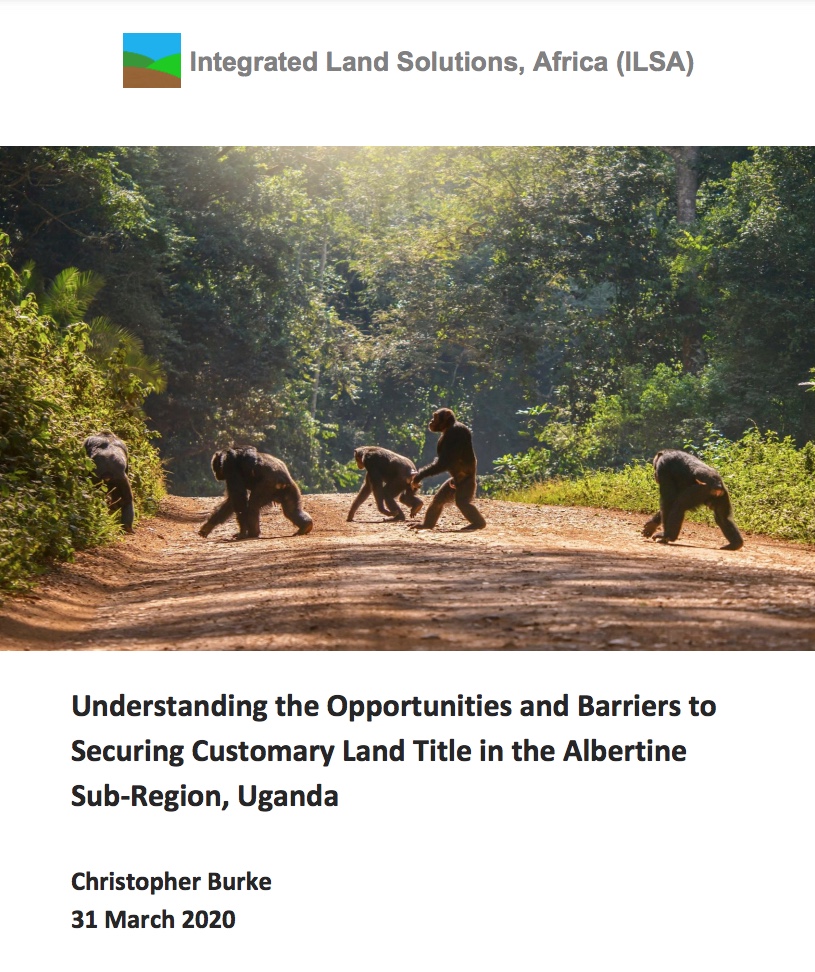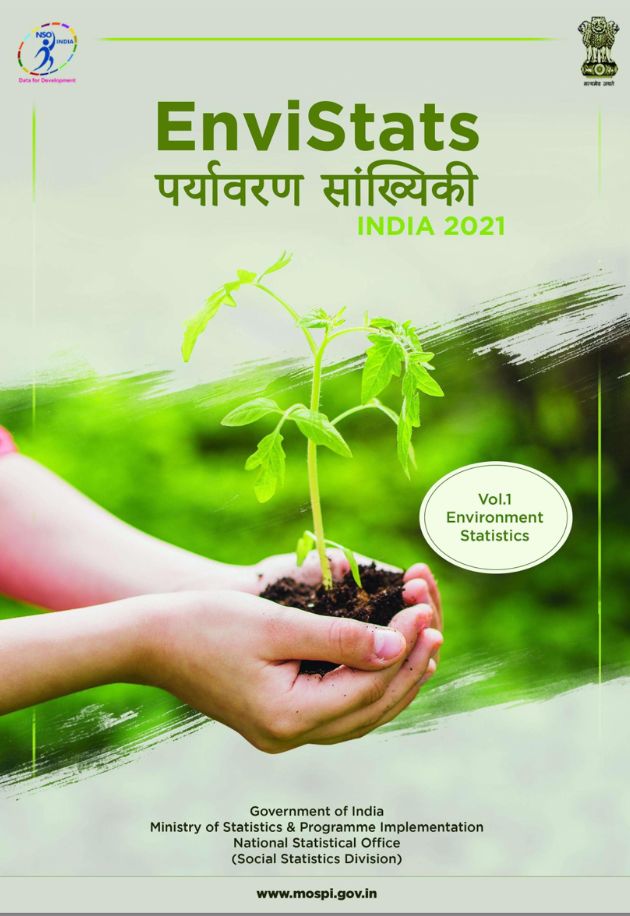Sustainable Land Management for Climate and People. Science-Policy Brief 03
Land provides crucial ecosystem services for human existence and human well-being, including provisioning, regulating, supporting and cultural services. Those services provide among others the production of fresh air, food, feed, fuel and fibre. They regulate the risks of natural hazards and climate change, offer cultural and spiritual values to our society, and support key ecological functions such as nutrient and water cycling, filtering and buffering, and are central to economic vitality.




